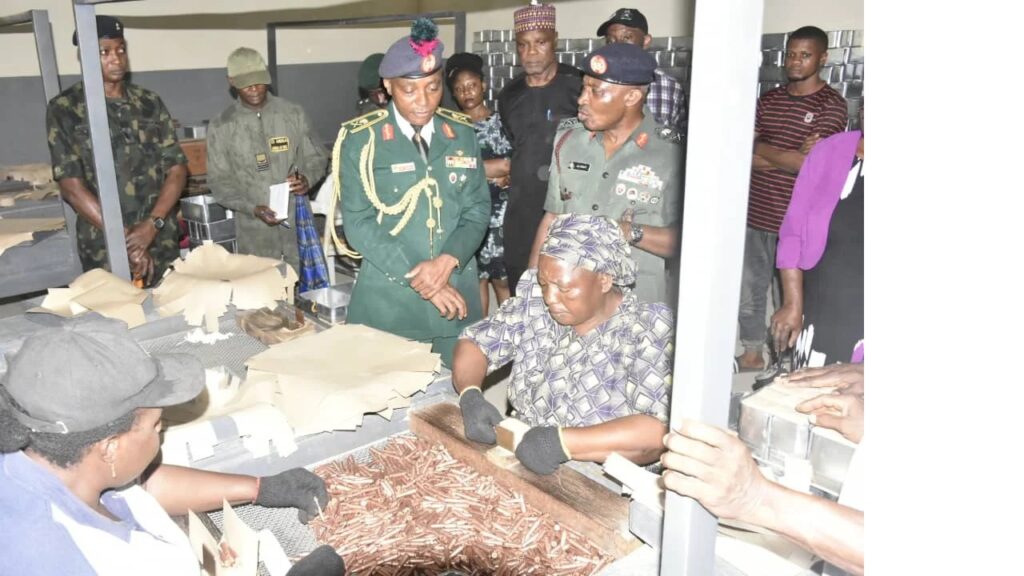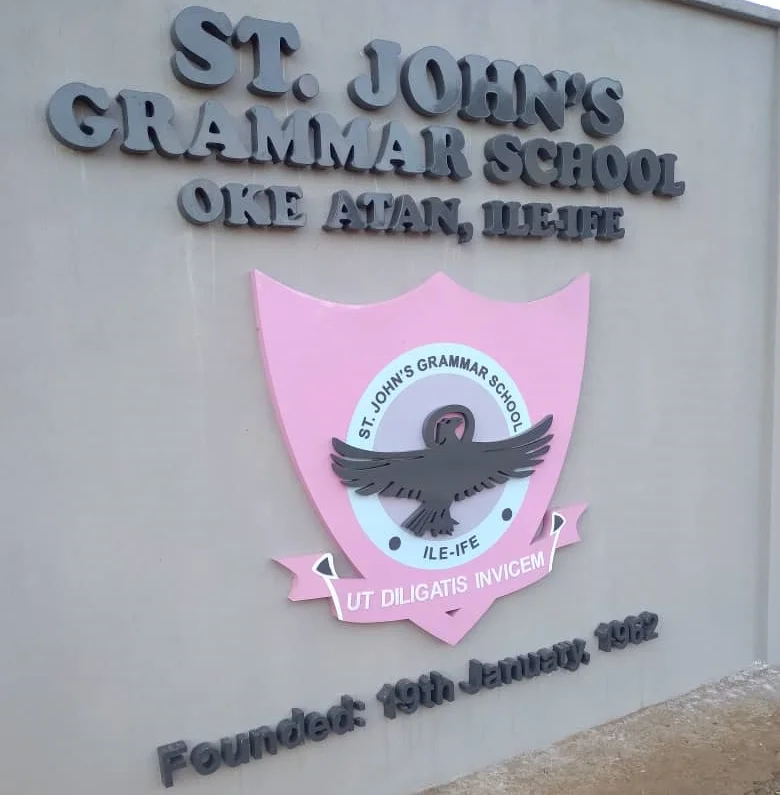
Director, Banking Services, Central Bank of Nigeria (CBN), Hamisu Abdullahi, has credited the choice of Remita on its merit and the ability to provide an electronic platform for facilitating payments from Ministries, Departments and Agencies (MDAs) to beneficiary accounts across commercial banks.
Abdullahi spoke when CBN officials appeared before the House of Representatives Public Accounts Committee yesterday to respond to queries about REMITA’s operation of the Treasury Single Account (TSA) platform.
Chairman, House Committee on Public Accounts, Bamidele Salaam, said the House had mandated the committee to investigate allegations of revenue leakages through the platform as well as none-adherence to service level agreements between parties on Remita’s gateway platform.
According to Abdullahi, CBN was directed to provide electronic platform that would facilitate payments on behalf of MDAs to beneficiaries’ accounts in the commercial banks.
“CBN deemed it fit to source for an alternative way of doing this and engaged two companies out of which Remita was selected based on merit and the fact it has been rendering similar services to commercial banks.”
In a previous report, Director, Office of the Accountant General of the Federation (OAGF), Salawu Zubairu, had said that the platform was preferred to manage TSA after a rigorous evaluation process that included other institutions such as Nigerian Inter-Bank Settlement System (NIBSS).
“The selection, steered by a joint evaluation committee’s competitive presentations and deliberations, was based on Remita’s superior capabilities in handling TSA’s electronic payments and collection of government receipts, satisfying all the stringent requirements of the Office of the OAGF, the CBN, and their external consultants.
The Managing Director of Remita Payment Services Limited, Mr. Deremi Atanda, also highlighted the previous system’s shortcomings, where government agencies independently received funds and arbitrarily decided the timing and amount of operating surplus to remit, a practice that has been streamlined by the TSA.
“There has been an evolution and it has been positive for the country on account of TSA. Some things that started manually have now become automated. What MDAs were doing was that they were receiving inflows and at their instance, determine what is operating surplus and when they want to remit”, he said.
Atanda added that TSA initiative was designed to create a single window through which all inflows and outflows of government can be monitored in real-time for transparency and accountability for effective management of the government’s cash assets.
Also, Director General, Bureau of Public Service Reforms, Dr. Dasuki Arabi, had previously reported that TSA has been instrumental in uncovering and removing approximately 70,000 non-existent employees from the civil service payroll. Consequently, government realized about N220 billion through the Integrated Payroll and Personnel Information System (IPPIS)
Atanda further explained how the government can track and account for every transaction through a unique Remita Retrieval Reference (RRR) code assigned to each revenue inflow.
“It allows the government to identify the receiving MDA, the destination account, the date and time of the transaction, purpose of the payment and the name of the payer. The RRR has become the ultimate reconciliation reference point for all payers, banks, and MDAs involved in government revenue collection.”
As Nigeria continues its march towards economic stability, some government forex revenue collections still occur outside the TSA framework. Mr. Atanda highlighted the importance of adhering to the TSA’s original intent of consolidating all government inflows and outflows, regardless of currency. This is vital to prevent the diversion of the federal government’s foreign exchange revenues into the hands of unscrupulous entities.












